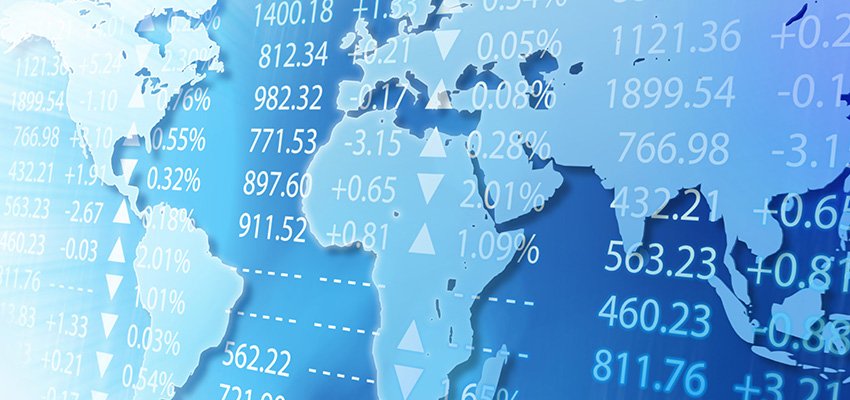RAPID changes in the global shipping sector have been highlighted in a new international report.
Entitled Navigating Through Shifting Regulatory and Geopolitical Landscapes in Maritime the report was based on the recent Sea Asia conference in Singapore and notes how the industry has undergone change and is set to experience more.
The report notes international environmental regulations have been steadily introduced over the last few years, with the International Maritime Organization (IMO) 2020 Sulphur Cap as the most pressing deadline coming up in nine months’ time.
ICS secretary-general Guy Platten said these environmental regulations, while clearly necessary, would “obviously have major economic implications” to industry players.
According to reports, compliance for the sulphur cap alone could cost upwards of US$50bn.
Looking ahead the industry anticipates greater regulatory changes.
E.R. Capital Erck Rickmers said “equal competition” was essential if initiatives like carbon taxes were to work.
“The shipping industry welcomes all initiatives that are necessary to address these environmental issues of a global scale,” Mr Rickmers said.
“We stand behind them as long as they are enforced for all to ensure equal competition, and that no disadvantages are created on a regional or sectoral level.”
The report noted the big question for industry was: How can maritime players create long-term sustainable businesses that are agile enough to adapt to the increasing regulatory environment?
“One of the key themes consistent across the industry is that it cannot work towards tackling the environmental crisis in silos,” the report stated.
“For example, in response to the upcoming IMO2020 regulations, there is a call for greater commitment from large oil companies such as BP and Shell to meet the level of alternative fuels required for the industry to operate.
“Currently, investments are running up to US$1bn to support refinery updates.”
Ocean Network Express chief executive Jeremy Nixon said self-regulation was one way in which industry could take control.
“The major shipping companies should not be afraid of self-regulation, and to act proactively,” Mr Nixon said.

